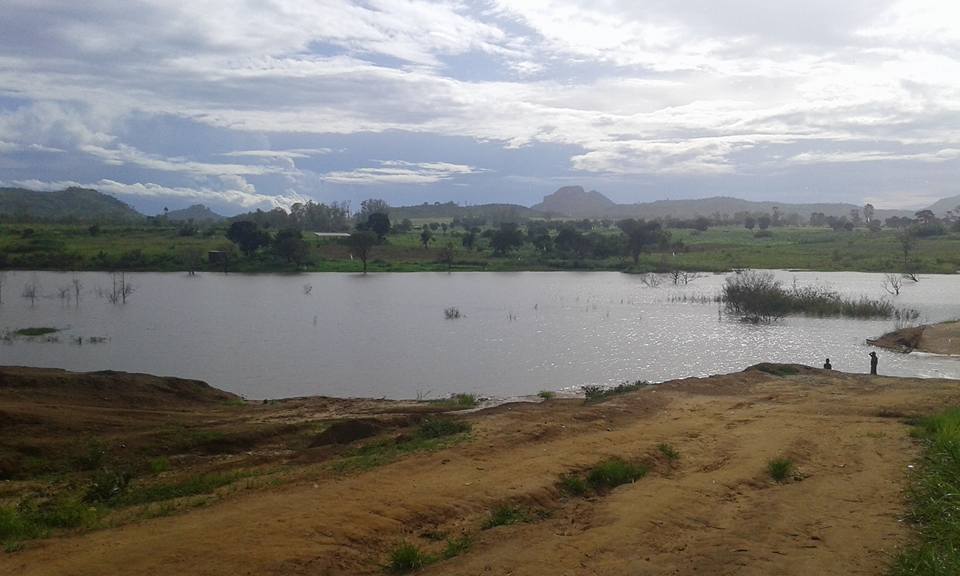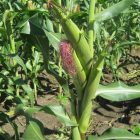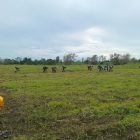Agriculture is the backbone of Malawi’s economy and has the potential to be one of its major economic exports. Current irrigation practices, however, do not make use of this potential due to underdevelopment in investing in irrigation systems. This has led to low yields as well as drought conditions that have been devastating for farmers who are counting on their crops for income. It is estimated that the country has over 600,000 hectares of irrigation potential but only about 103,000 hectares has been developed.
Irrigation systems have been shown to increase crop yields by up to 40% compared with rain-fed agriculture due to the regularity with which they deliver water throughout a growing season. These systems also allow farmers more flexibility in what they produce because even when there isn’t enough rainfall at one point in time, they still have access to water through their reservoir tanks or other sources such as rivers or wells nearby which they can use instead while waiting on rains again later down the road…
Malawi is a country with a large agricultural potential. Agriculture is the mainstay of the Malawian economy, and it employs more than 80 percent of the working population. Agriculture also contributes about 30 percent to its GDP and provides more than 80 percent of food consumed in Malawi. Food security remains a major concern for Malawi as almost half of its population live below poverty line and rely on agriculture for their livelihoods.
Malawi exports food to other countries, including Mozambique, Zambia, Zimbabwe and South Africa which make up about 75% of its total exports from agriculture. Exports The top exports of Malawi are Raw Tobacco ($488M), Raw Sugar ($97.9M), Tea ($83.6M), Dried Legumes ($50.4M), and Ground Nuts ($35.4M), exporting mostly to Belgium ($161M), United Kingdom ($51.9M), South Africa ($50.9M), Germany ($50.6M), and Zimbabwe ($43M).
The increased and more efficient use of irrigation will open up this market for more Malawians, boosting the domestic economy. The result is more income, foreign exchange and revenue that can be used to support the government’s vision of achieving food security and reducing poverty in Malawi.
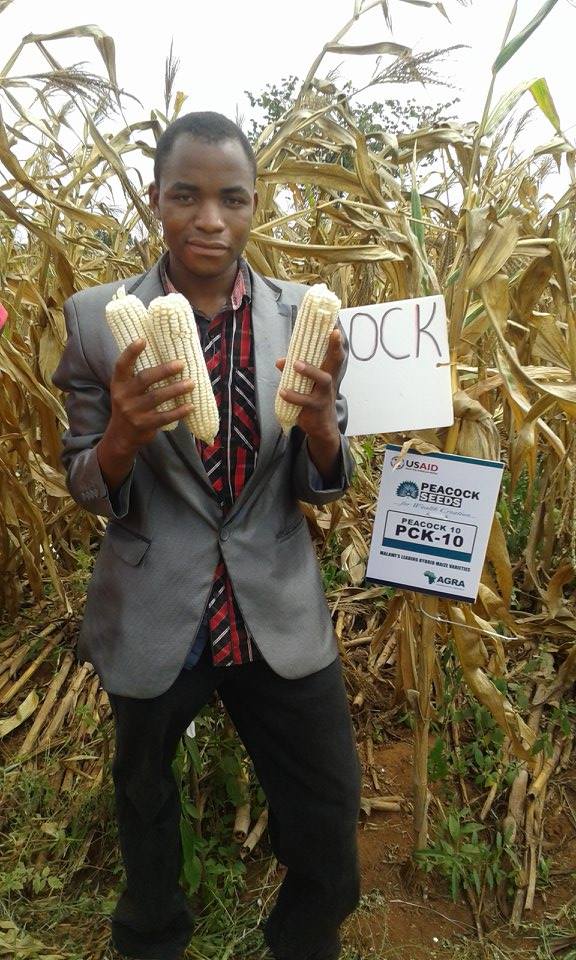
More efficient irrigation systems will increase crop yield, diversification and employment opportunities for farmers. In addition, it will help reduce post-harvest losses due to poor weather conditions as well as drought during the critical maize production period. This improves food security through increased resilience against climate change impacts such as droughts or floods but also provides greater access to nutritious foods which are essential for human development.
Irrigation can be used to cultivate a wider variety of produce, increasing crop diversification and yield. Irrigation is a crucial component of farming. It can help farmers grow more profitable crops and increase their revenues by cultivating additional crops that might not otherwise have been possible with traditional dry-farming techniques. These new, high-value crops can help offset any loss in revenue from reduced yields due to less favorable weather conditions such as drought or flooding during harvest season.
Rain-fed agriculture is unreliable in Malawi.
The country experiences droughts and floods throughout the year, which can result in low yields or poor quality produce. The government has been working on developing new technologies that can help farmers access water for their crops. One such technology is irrigation, which allows farmers to grow crops all year round despite unpredictable rainfall patterns. This dependence on rainfall makes it difficult for farmers to predict their yields and, by extension, their income.
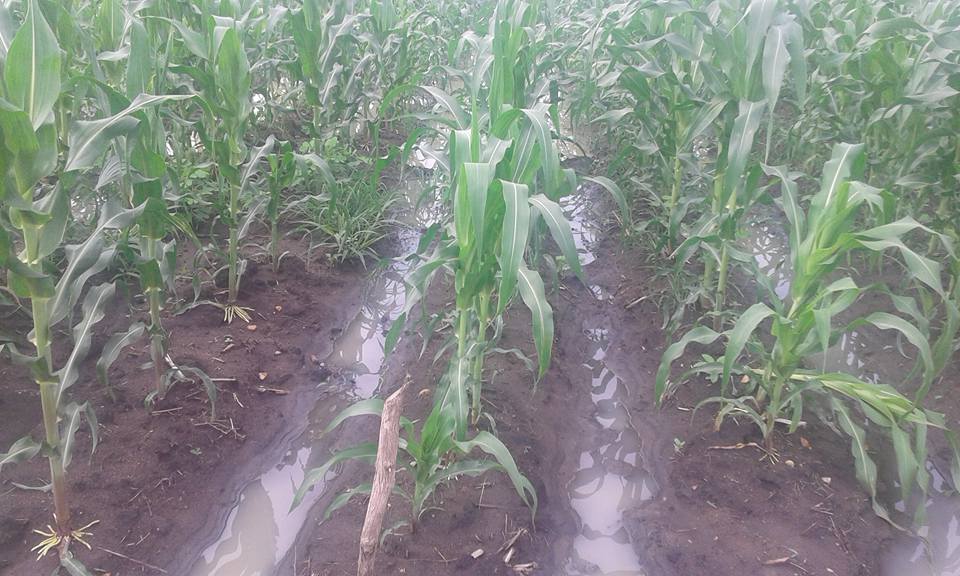
The unpredictability of rainfall affects both the amount of water available for irrigation as well as the quantity and quality of crops grown using this water. Droughts can cause low crop yields or even complete crop failure if there is not enough water available for irrigation purposes. Irrigation can be a critical component to crop production and is used around the world. In Malawi, irrigation has been shown to improve crop yields by an average of 25 percent in dry-season crops such as maize, rice, and beans. This increased yield can provide a greater profit margin for farmers and increase their overall income.
Irrigation can help solve many of Malawi’s agricultural woes.
Irrigation can help solve many of Malawi’s agricultural woes. While the country is known for producing large quantities of maize and rice, irrigation can be used to cultivate a wider variety of produce. In order to increase crop diversification and yield, farmers must use irrigation techniques that are appropriate for their land type and climate conditions. Irrigation also increases cropping intensity by allowing farmers to grow more crops during a shorter growing season (from April through September). This means that there is no need for winterizing or fallow periods during which they would not be able to work on their fields because soil moisture levels are too low or temperatures too high for optimal production conditions
Conclusion
Combine with other best practices like using hybrid seeds like Peacock’s MH30 variety, irrigation can help Malawian farmers increase their yields, diversify their crops, and get a better handle on their incomes. It also has the potential to create more jobs in rural areas, which would have positive effects on food security and economic growth. With Lake Malawi, a fresh water lake, the third-largest lake in Africa, comprising about 25%of Malawi’s area, there is definitely room for improvement.

